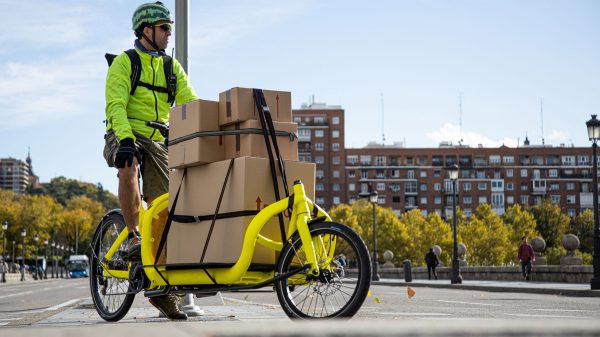Several traditional aspects of trade and business have been overturned by the coronavirus pandemic. Both the public and private stakeholders are battling to control disease transmission and to prevent the COVID-19 virus.
Our everyday routines, personal lives, and freedoms have all been changed in the quest to stop the spread of coronavirus.
Workers across the country started to work from home rather than going physically to their offices, sanitation practices have rapidly improved for most businesses, and many other things have changed the way business is conducted.
With industries reopening only by batch and physical distancing regulations likely to have an impact on the business for some period, there are tough times ahead. A “new normal” has emerged for businesses and organizations across all sectors, with adjustments expected to continue even after COVID-19 would be a distant memory.
Below are six business trends that are expected to last much longer than coronavirus.
#1 Ecommerce will continue to rise
For years, customers have bought products from online retailers, from big brands such as Amazon and smaller businesses that operate on Etsy and eBay.
During the coronavirus pandemic, the trend on e-commerce has accelerated as many “nonessential” conventional shops were closed and people were unable to go shopping.
Yet even as stores open their doors once again, many consumers often will think twice about going to crowded high streets or squeezing into indoor shopping centers. Normally, this means that businesses would want to consider taking every chance to sell to their cautious customers in the comfort of their homes.
The rising pattern of e-commerce also involves local stores selling online to mitigate for lost in-person revenue and to reach out to non-local consumers.
#2 Cashless and contactless payment methods
Businesses who continue to engage face-to-face with their customers, particularly stores and restaurants, are making adjustments to lessen direct interaction between staff and customers.
A major solution is to cut cash and only take credit cards or other forms of digital payments.
Many local restaurants all around the country have also switched to the cashless method for safety reasons.
Other shops have introduced contact-free pickup as well as home delivery services, and this form of safety and convenience is expected to stay.
#3 Delivery
For many people working and devoting their time at home, it will be unsurprising that businesses of all types employ extra logistics and delivery staff.
Retail chains, cafes, small shops, and other businesses will hire more local delivery men to continue making shopping easily accessible and safe.
All this equates to a future scenario of businesses having more delivery options and the possibility that any emerging consumer-facing enterprises should have a delivery service.
#4 Teleconferencing
Because of so many people working from home, teleconferencing tools have become the backbone for online group sessions aiming to keep the staff connected.
Numerous business owners have increased their dependence on innovative teleconferencing tools, including Zoom, Microsoft Teams, and Google Hangouts, as staff members shift to remote work associated with the current health fears brought about by coronavirus.
Employers’ dependence on these video conferencing tools during the coronavirus pandemic is intended to boost the case for 5G connectivity in many homes and the offices as many industries, now more than ever, appreciate the importance of these teleconferencing tools.
These technologies are being incorporated into normal business processes and will help to reduce travel time between consultations. Video calls & webinars are also embraced by smaller firms as a customer engagement and retention tool.
#5 Virtual events
2020 might be the worst year ever for the event industry.
For everything from Glastonbury to the British Insurance Brokers’ Association summit postponed, we are probably sure that people apparently can’t be convening in massive numbers too soon.
Virtual events are on surge! Many big companies that have canceled conferences have introduced new virtual events to fill the void left. With only a webcam and internet access, you can organize an insightful, engaging collaborative event that participants can take part through their phones or computers, wherever they may be.
Besides, even after the pandemic, small businesses that have established facilities and practice guidelines to conduct their online events are almost certain to keep them in place for reaching and engaging more customers online.
#6 Working from home
Among the most popular trends in the coronavirus period has been the shifting of work from the traditional offices to the employees’ homes.
This has created a whole new norm for businesses, realizing that staff can work without even a physical office space.
It is indeed wise to invest in digital technologies to create remote work as smoothly as possible. This includes a working virtual desktop where staff can log into from anywhere, online file storage, and a business subscription to a platform like Microsoft Teams or Zoom.



















































You must be logged in to post a comment Login